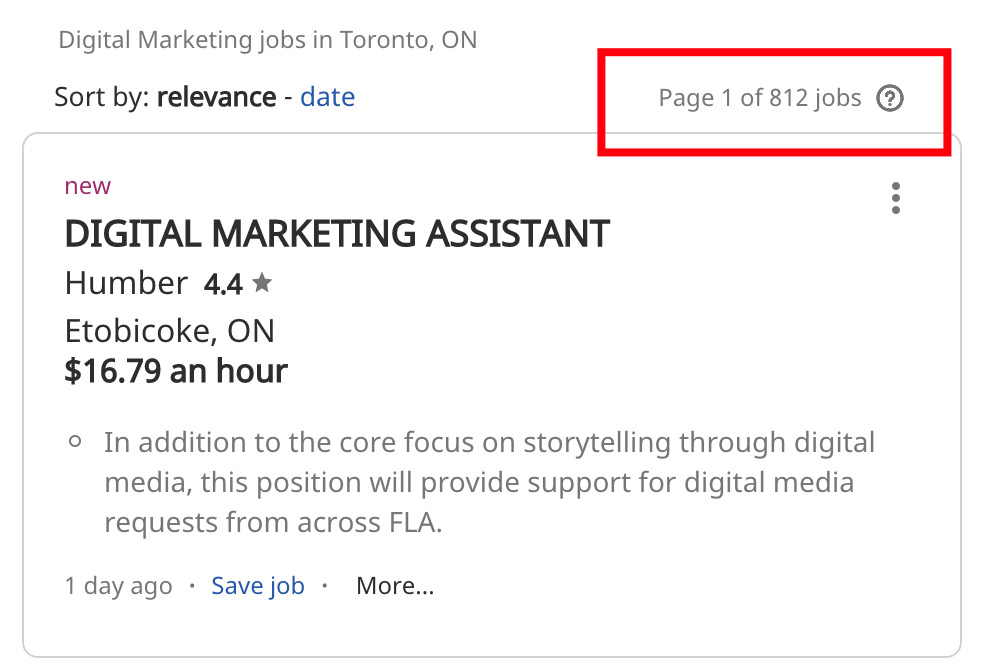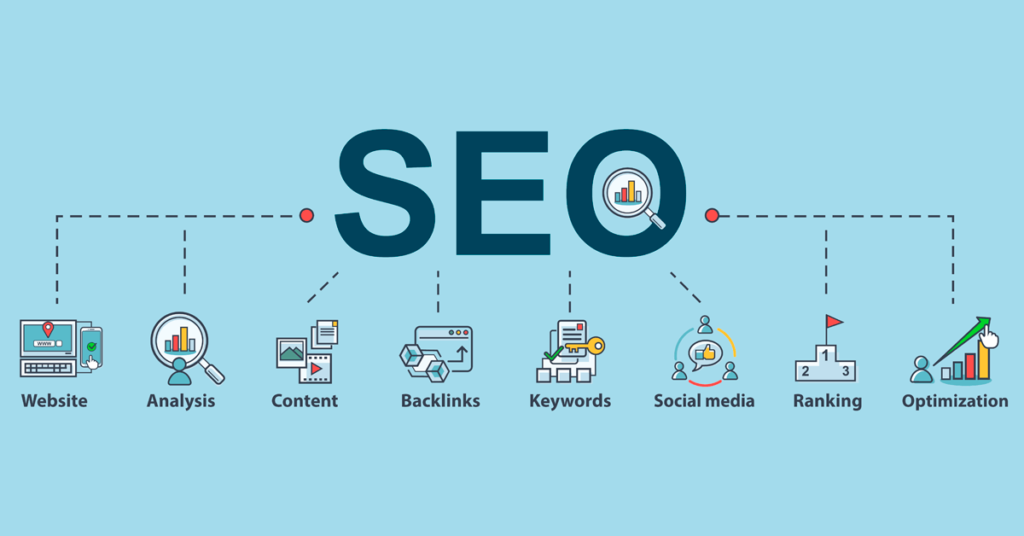
Search engine optimization (SEO), is great for small businesses. Organic traffic is the most popular referral source. Direct traffic comes from people bookmarking your URL or typing it into their browser. Even if your website isn't on the first Google page, searchers will still find it via search engines. SEO is a way to get your website found in search results. This leads to more organic traffic which can lead you to more sales. Here are some tips for making your website more visible to search engines.
The lifeblood of SEO is the links
Developing top content is a very effective way to passively generate links to your website. Content like podcasts, infographics, and blog posts can help you attract links. Your content is favoured by other websites when you have links. Your site's value and quality will increase the more links you have. There are many ways to generate links.
Blog posts are an effective method of keeping your website fresh
A blog can help small businesses stay in the forefront of their customers' minds. This helps to build credibility and trust in the industry. This leads to higher conversions rates. You can also show your personal side and still maintain the same corporate standards. A blog allows small businesses to stand out from the rest and increase demand for their products. You should start blogging today.

SEO strategies include technical audits.
A technical audit can be a crucial part of any SEO strategy. A technical audit may reveal many problems on a website. In one case, a company broke down its content in seven domains that each had their own SEO power. The company redesign their website without having a migration strategy. This left thousands of pages und hundreds of thousands of links unresolved. The result? The website is currently not able to rank well in Google and other search engine searches.
A logical website structure
The best SEO strategy for small businesses is to create a logical structure for their website. You should have a home page, a services page, and individual pages describing each service. Most websites follow a pyramid-like structure, with the homepage at the top. Google indexes websites with logical structure. This helps avoid duplicate pages and allows them to not compete for the same keywords. To ensure that search results appear higher, it is essential that the pages most relevant to the site are first indexed.
Organic traffic is driven by long-tail keywords
Even though it might seem difficult to compete with giants like Amazon, Google and others, small businesses can reap the benefits of long-tail keyword searches. Search phrases with more than four words are called long-tail keywords. These are more specific search phrases and have a higher conversion rate. Long-tail keywords can be found in many places including Google Analytics, social media reporting, YouTube video statistics and Google My Business listing insight.

FAQ
Why should I use SEO
There are many reasons you should use SEO.
It helps increase traffic to your site by ensuring that it appears high in search engine results.
Second, it helps increase conversions by ensuring that users find exactly what they're looking for when they type into their search bar.
Third, it helps increase brand awareness by helping customers search for your business online.
It also improves the user experience by allowing users to navigate quickly through your website.
It also builds trust among potential customers.
Why would I need a SEO strategy?
SEO strategy is essential to ensure you are not missing any opportunities for your business to grow. If you don't rank higher in search results, it doesn't make sense to have great content that no one ever finds.
SEO strategies can help you develop relationships with experts in your industry and influencers. With their connections and knowledge, you can learn new techniques and tricks to beat your competitors.
What is an SEO Campaign, and what are its benefits?
An SEO campaign is an ongoing series of activities to increase visibility for a website or domain name in search engines such Google, Bing, Yahoo!, and others. These activities include optimizing page titles, meta description tags and URL structure.
SEO campaigns typically begin with keyword research, identifying keywords likely to increase organic traffic. Once keywords are identified and optimized on the website's homepage, each page must also be optimized.
Statistics
- 64% of marketers actively create SEO campaigns because they help hit multiple key performance indicators (KPIs), including increasing traffic, helping your site rank for relevant keywords, improving your conversion rate, and much more. (semrush.com)
- And 90%+ of these backlinks cite a specific stat from my post: (backlinko.com)
- 93%of online experiences today begin on search engines. (marketinginsidergroup.com)
- Which led to a 70.43% boost in search engine traffic compared to the old version of the post: (backlinko.com)
- : You might have read about the time that I used The Content Relaunch to boost my organic traffic by 260.7%: (backlinko.com)
External Links
How To
How do I know when I'm doing good SEO?
There are many indicators that will help you determine if you're doing great in SEO.
-
Users should leave your site without clicking anything else if their bounce rate is less than 30%. High bounce rates indicate that your audience isn’t confident in your brand or doesn’t care about what you sell.
-
People visit multiple pages on your site - this shows that visitors are engaging with your site and finding something useful.
-
Your conversion rate is improving - your audience has become aware of your product or service and wants to buy it.
-
Your average site time is increasing. Visitors spend more time reading your content.
-
People are searching more - this indicates that you're doing great in SEO.
-
You're getting more shares on social media - this shows that your content is being shared by others and reaching audiences outside your follower base.
-
Forums are receiving more comments - this is a sign that people respond positively and favorably to your work.
-
There's more engagement around your website - more likes, tweets, shares, and likes on posts.
-
Your rank in SERPs has been increasing, which is a sign of your hard work paying off.
-
Your website is receiving more leads. This means people are finding you organically and are contacting your website.
-
You are seeing an increase in sales - this means that people who visited your site looking for your products or services are purchasing them.
-
You get more views and comments on your blog posts, which means that people find your content useful and interesting.
-
This will increase your subscribers to your email lists. It shows that people trust you enough for them to sign up to receive information about your business.
-
Sales are rising. This is a sign that people like your products so much they are willing and able to pay for them.
-
You've gained more social network followers, which shows that your fans share your content with others and engage with your brand.
-
This means that journalists are talking more about your brand online. This boosts your image and raises awareness for your company.
-
You are being recommended more often, which means that other companies recommend your brand.
-
People keep returning to your website - this shows your customers are happy with your work and will come back again the next time they need your help.
-
Your competitors are losing ground. They didn't invest as heavily in their SEO campaigns. This makes them appear bad.
-
Your brand's image is changing - this shows that your brand is becoming popular among a new group of customers.